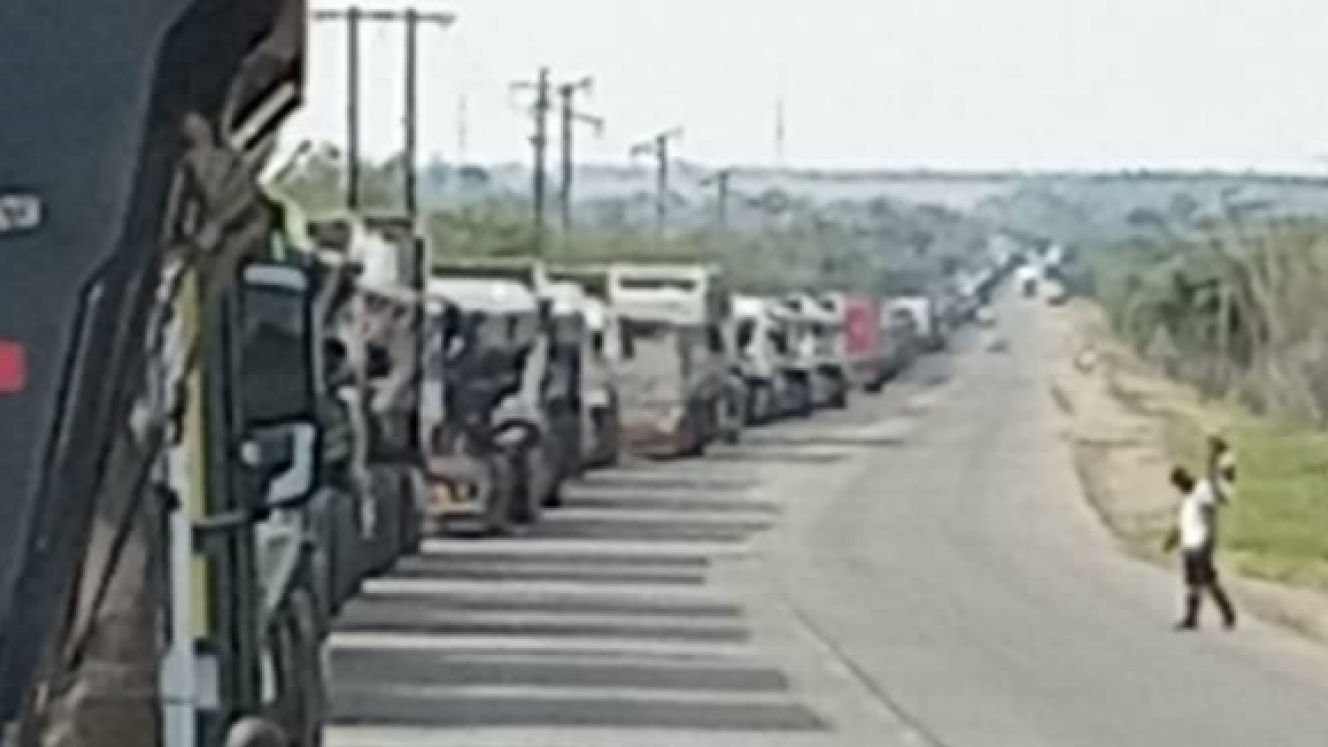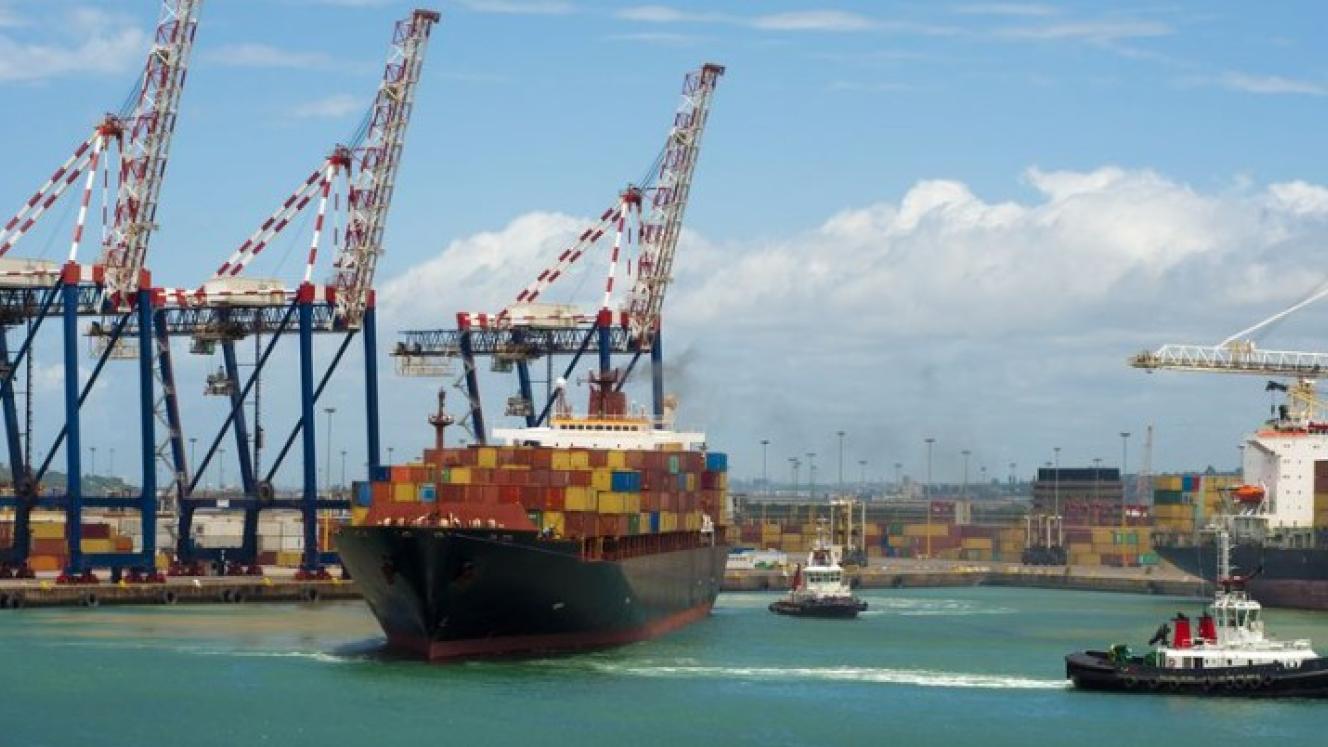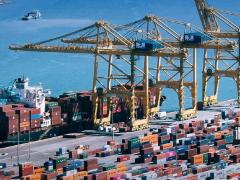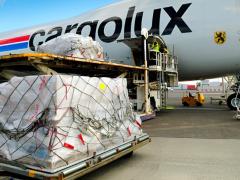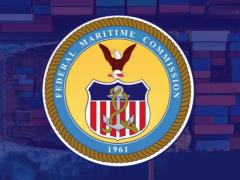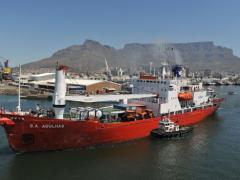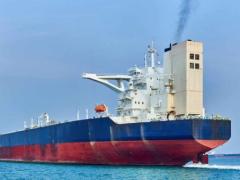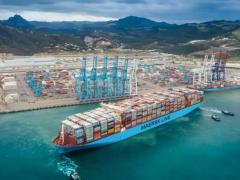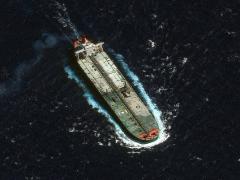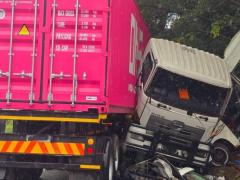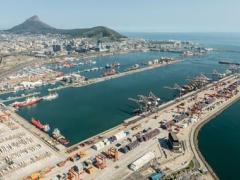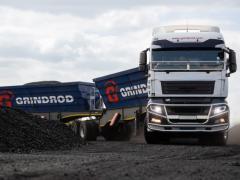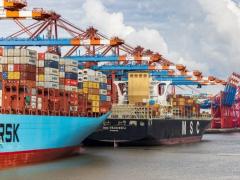A new in-transit cargo clearing procedure instituted by the Botswana Unified Revenue Service (Burs) has directly led to a major buildup of cross-border truck traffic passing through the landlocked country, causing border queues and waiting times of up to four days.
Mike Fitzmaurice, vice-president of the African Union’s Organisation for Transport and Logistics, said: “Border crossing times, which once took a matter of hours, are now taking three to four days.”
He said last weekend that South Africa’s Skilpadshek Border Post on the Trans-Kalahari Corridor (TKC), a crucial link connecting Namibia and its Port of Walvis Bay with Gauteng, had a westbound queue of 10 kilometres.
Since then, the queue had thankfully shrunk to only six kilometres but the waiting time was still slowing cross-border cargo on the once free-flowing TKC.
On Thursday, a clearing agent said some in-transit cargo carriers trucking supplies from South Africa destined for Namibia, Zambia and the Democratic Republic of the Congo (DRC), were avoiding Botswana altogether.
The source, who works with Burs and therefore requested anonymity, said there were hauliers with Gauteng loads for Windhoek and Walvis that were going through the Northern Cape to the Namibia border at Ariamsvlei, a significant detour considering the much shorter TKS route.
“It’s caused massive congestion. They (Burs) didn’t think this through properly.”
Fitzmaurice agrees.
“Clearing agents don’t have the capacity for this. Previously, cargo was consolidated and required one Received-in-Transit (RIT) entry from clearing agents. Now, each and every item requires a different RIT. It’s added a substantial amount of extra time and effort on the part of agents to get cargo cleared as the time taken by agents to frame each line entry has increased drastically.”
Once these have been completed, it’s also taking Customs officials more than twice as long to go through each and every line entry.
Moreover, the consequences that this would have on long-distance drivers, required to wait in arid conditions where temperatures tend to soar towards 40 degrees Celsius, was clearly not considered.
“The conditions to which the drivers are subjected are inhumane. There are no ablution facilities available, therefore drivers are forced to urinate and defecate alongside the road in the bush, which can have negative health consequences such as the spreading of diseases like typhoid, cholera, hepatitis and many others.”
Then there’s the cost.
Whereas transporters had to pay for one RIT per load under the previous Consolidated Cargo Code (CCC) process, the new Unique Consignment Reference (UCR) system means each in-transit item on a truck must receive a line entry, and must be paid for.
In a letter sent to Jeanette Makgol at Burs, Fitzmaurice wrote: “The fees being charged by the clearing agents also vary from agent to agent, but we have heard of fees ranging from Pula 150 per line entry right up to P870 per line. In rand value, transporters are having to pay exorbitant fees of R18 000.00 and upwards for multiple line entries.”
Fitzmaurice said it was not entirely clear why Burs had brought in the UCR system.
“Some say it’s because they’re trying to conform to international trade standards. The CCC systems were used by the previous government to simplify things at the borders and it worked. Now they’ve made cargo clearing far more complicated and it’s costing industry.”
There’s also consensus among private-sector transport stakeholders that Burs and its South Africa peer, the SA Revenue Service (Sars), tend to ignore industry when implementing new regulations.
It is understood that a new online security system, requiring officials to capture the biometrics of border users, is still causing delays at transits like Groblersbrug (GBR), used by cross-border hauliers avoiding Zimbabwe because of restrictive in-transit procedures impeding fuel heading to Zambia and the DRC.
Although tankers avoiding the Beitbridge border into Zimbabwe only have to declare one load when rerouting through Botswana, they still have to wait in the same queue at borders such as GBR.
“”It’s a total mess,” Fitzmaurice said.
“From Groblersburg to Kopfontein, Skilpadshek and Ramatlabama, trucks are standing for days waiting to enter Botswana.”
